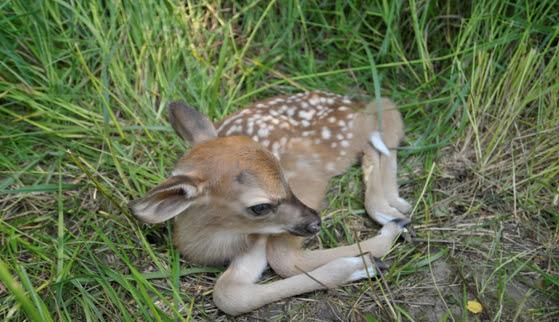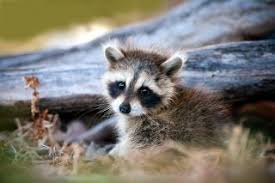
(UNDATED) – It’s nearly spring and baby animals are beginning to be born across the Hoosier state. If you find young wildlife, remember:
- Adult animals rarely abandon their young. The parent may be out searching for food. Leaving young unattended is normal for many species.
- Do not hover to see if a parent comes back. Give the baby animal space and only check back periodically. Adult animals will not return if a person is standing nearby.
- Young wildlife should not be handled. They can carry diseases or parasites and are capable of inflicting damage by biting or scratching. Human scent can also alert predators to the young animal’s presence.

While rescuing young wildlife is legal, keeping them is not. Truly orphaned or injured wild animals must be given to a permitted wildlife rehabilitator within 24 hours to maximize their chance of survival.
If an animal needs help, contact:
- Indiana DNR does not provide services for injured or orphaned animals.
- A licensed wildlife rehabilitator. They are trained and have the necessary permits.
- Indiana DNR law enforcement. If the animal is sick or severely injured, call a licensed veterinarian for immediate assistance.
Before acting, ask:
- Has sufficient time passed without an adult animal nearby? The adult animal will not return with a person nearby.
- Does the animal really need help? Most young animals that seem abandoned do NOT need help.
- Will I help or harm this animal?

Interested in rehabilitating wildlife?
Nuisance wildlife
Many wild animals have become displaced as a result of urban growth and habitat removal. Raccoons, opossums, and coyotes are becoming more common in urban areas. They can use attics for shelter, destroy shingles and soffits, and eat garbage. Indiana DNR licenses individuals to provide nuisance wild animal control services to the public.



